This website uses cookies so that we can provide you with the best user experience possible. Cookie information is stored in your browser and performs functions such as recognising you when you return to our website and helping our team to understand which sections of the website you find most interesting and useful.

Great Places to Visit in London
17th December 2021
How An Estate Agent Can Help To Buy Your Dream Home In Heswall?
20th December 20215 Reasons Why Organic Baby Clothes Are Always the Right Choice
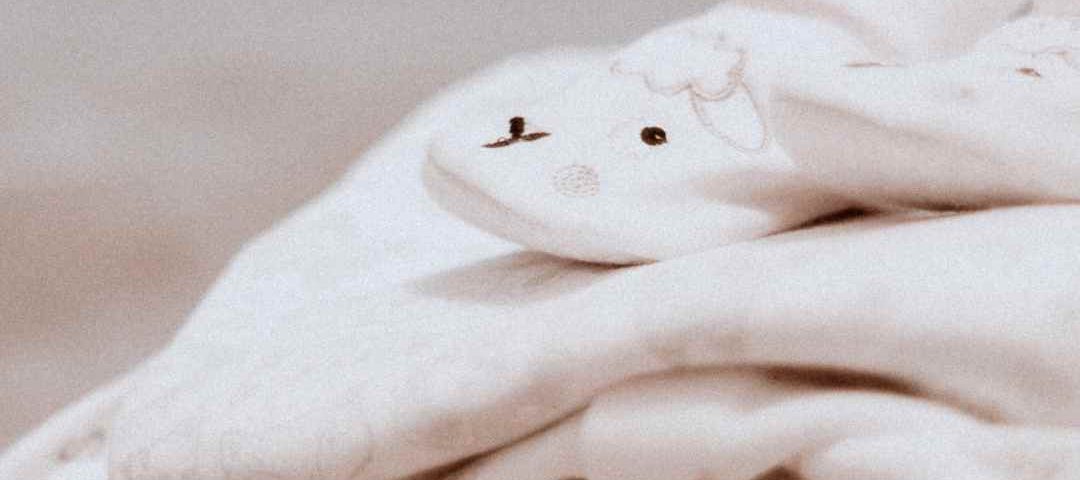
*This is a collaborative post.
Right now, your baby might be wearing the world’s dirtiest crop.
Cotton takes first place for dirty crops, relying heavily on pesticides and other chemicals. And as one of the primary materials used to make our clothing, cotton has the potential to do a lot of damage to the environment, natural ecosystems, and our health.
And while you might be thinking that only your jeans and t-shirts are to blame, it’s important to not overlook your baby’s clothes.
Many baby clothes, from onesies to socks, are made of cotton. But you don’t have to forgo all cotton from your little one’s wardrobe. Organic baby clothes can be a safe alternative made of organic cotton and other organic materials.
Here are the top five reasons why organic baby clothes should be your first choice as a parent.
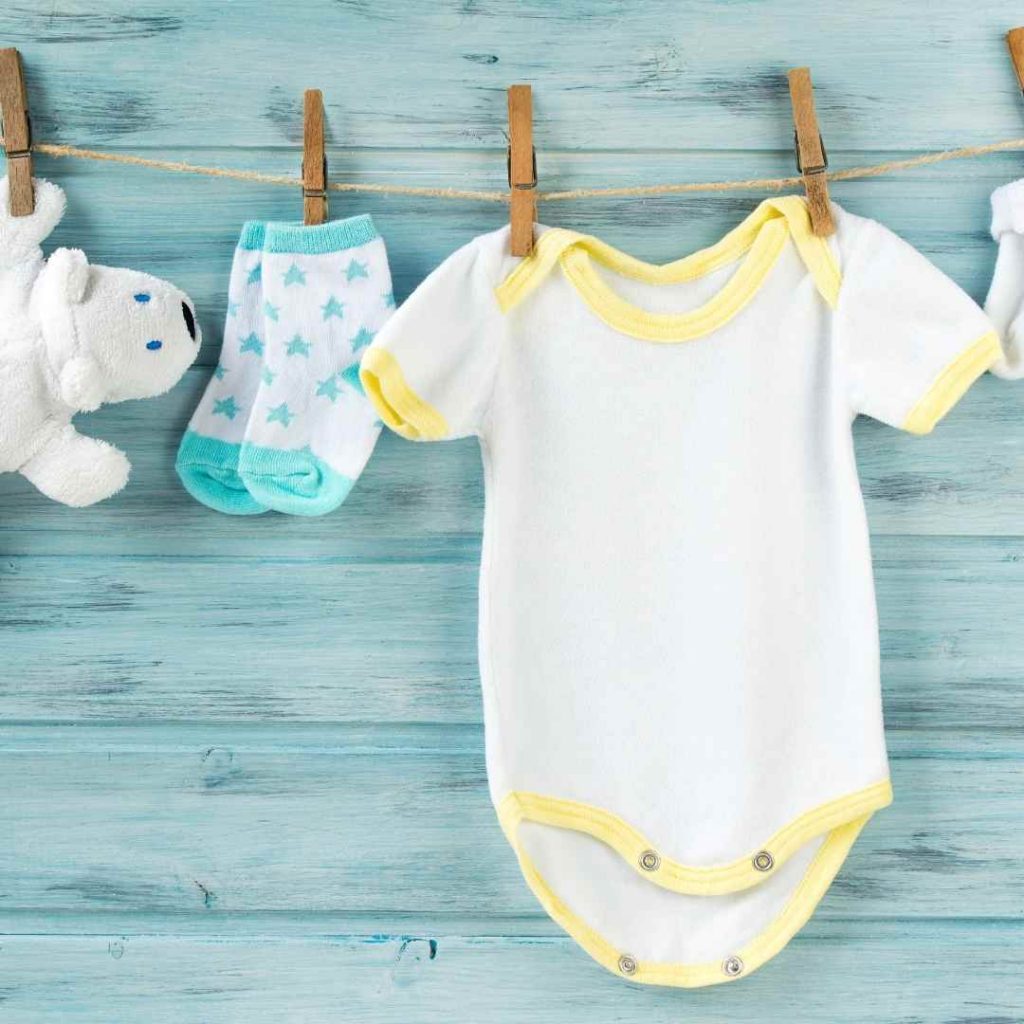
1. Babies Are Still Developing
Babies are especially sensitive to toxins and irritants in their environment. And this includes the chemicals found on baby girl and baby boy clothes.
Exposure to chemicals is especially impactful during early development. While the chemicals on a pair of pants may not affect you as an adult, they can be toxic to an infant.
This is partially because of the relative body size to chemicals. Because babies are small, it takes very little to disrupt their growing bodies.
And these little bodies are still developing their brain, immune system, and other essential health functions. The pesticides, artificial dyes, and other chemicals covering cotton fabrics could be enough to trigger a reaction like skin irritation or headaches, and it could even hinder proper development.
For greater peace of mind as a parent, choosing organic baby clothes is a wise choice.
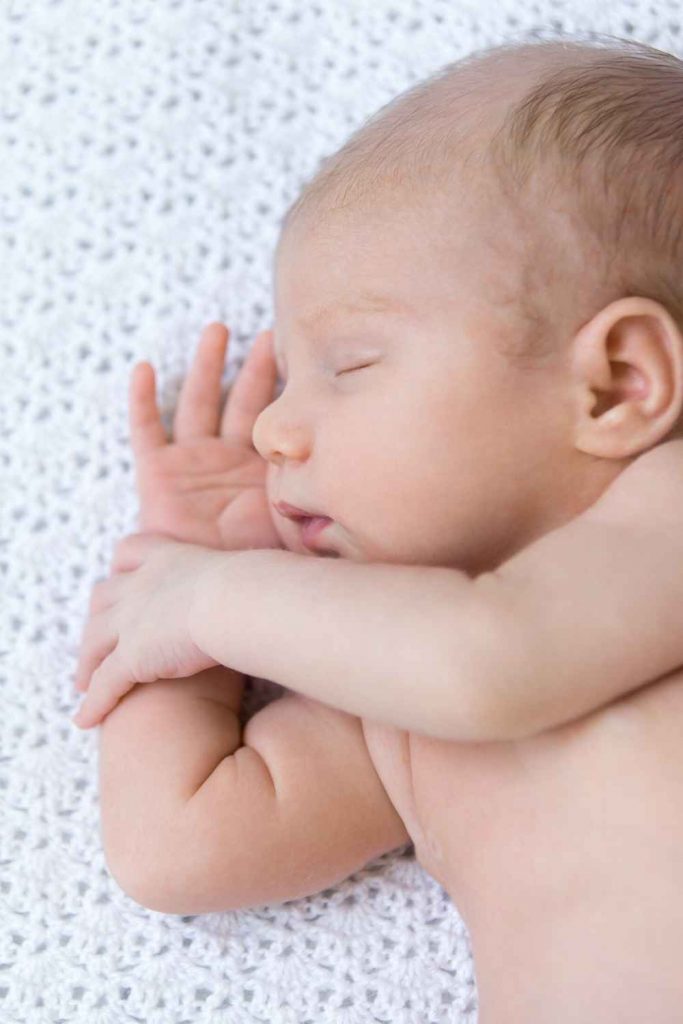
2. Baby Skin Is Extra Permeable
When adults wear non-organic clothes, the chemicals can permeate our skin. But for a baby’s skin, permeability is even higher.
The layers of the skin are thinner for babies than adults. And keeping in mind that skin is the body’s largest organ, it makes it especially important to control what your child touches and comes in contact with. Chemicals and substances that touch their skin get absorbed into the body much more easily and deeply than for adults.
To put it in perspective, if you wouldn’t want your baby to ingest something by mouth, it probably shouldn’t go on their skin either. Knowing that textile chemicals can be unhealthy, it’s best to keep them away from your baby’s clothing.
3. Organic Baby Clothes Are Socially Responsible
Because babies outgrow their clothes so fast, requiring new clothes every few months, the choices you make when buying your baby’s clothing can have a big impact.
Not all clothes are produced ethically. Many conventional clothing production processes use forced labor, expose workers to dangerous working environments, and offer little rights or benefits to farmers and laborers.
Organic clothing is often produced using socially responsible methods, where workers don’t have to work with harsh chemicals and toxins. This improves the health of the people producing cotton and other non-toxic textile crops.
By choosing organic clothes for your baby, you can feel good knowing you’re supporting human rights and progressive workplaces.
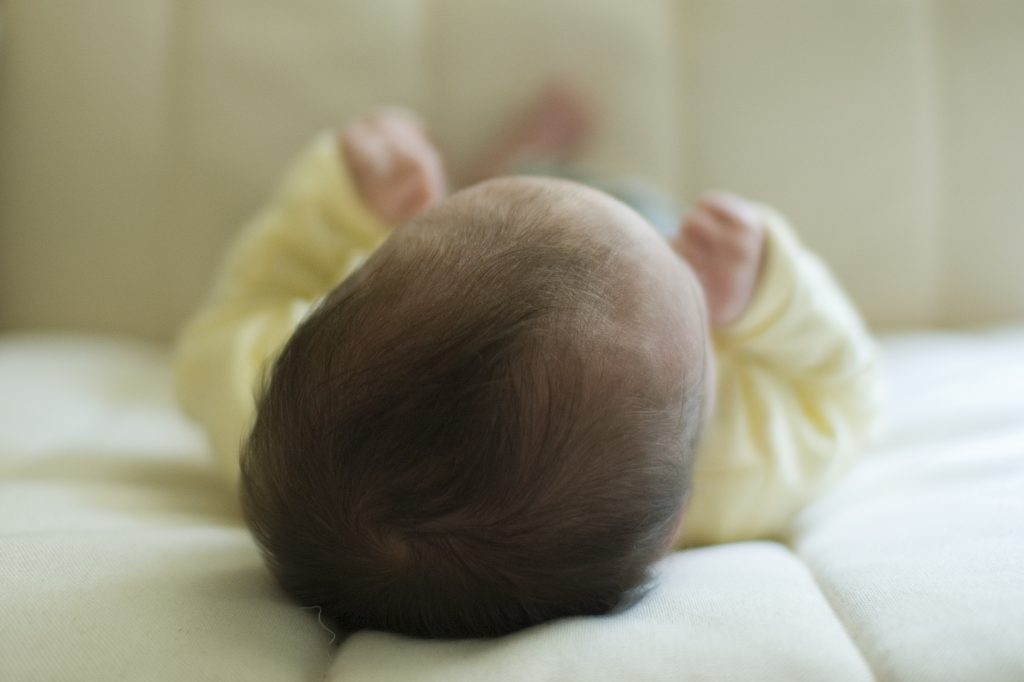
4. There Are Plenty of Cute and Comfy Styles
You might think that organic clothing is a good choice for your baby, yet you worry that the options are limited. But these days, there are plenty of cute and comfy styles perfect for your little one.
Gone are the days of scratchy and plain organic clothing. As demand increases for organic clothing, so does the range of designs at a variety of baby clothing stores.
Hanna Andersson baby clothes are one great example. You can find clothing made of organic cotton designed for all ages, from newborn to pre-teens. Clothing is well-made, trendy, and comfortable for your baby. There are even seasonal and holiday-themed options to choose from.
With all the styles available, there’s no excuse to skip organic baby clothing. Though you might have to search a little beyond the nearest baby clothes sale at a chain or department store, there are still plenty of shops and baby clothing lines offering cute organic clothes.
5. Your Baby’s Future Depends On It
The clothes your baby wears now may not last very long. They’ll grow into bigger tops and pants, and eventually they’ll even be old enough to pick out their own clothing.
But those baby clothes will have a long-lasting impact on the environment. And in the future, that impact will be critical for your child.
Conventional clothing requires pesticides, insecticides, and other chemicals that run off into natural waters and ecosystems. This hurts not only the animals living there, but also the people too. Crop and textile chemicals can make water toxic to drink, increasing water scarcity around the world.
Soil quality also suffers from these chemicals. Soil that can be used for agriculture now may be unusable in the future after severe degradation.
Organic clothing materials eliminate the use of toxic and harsh chemicals, preserving the environment and health of local communities.
And that, as a result, will have a positive impact on your baby’s future. Choosing safer materials means choosing a less polluted world where your baby can thrive well into the future.
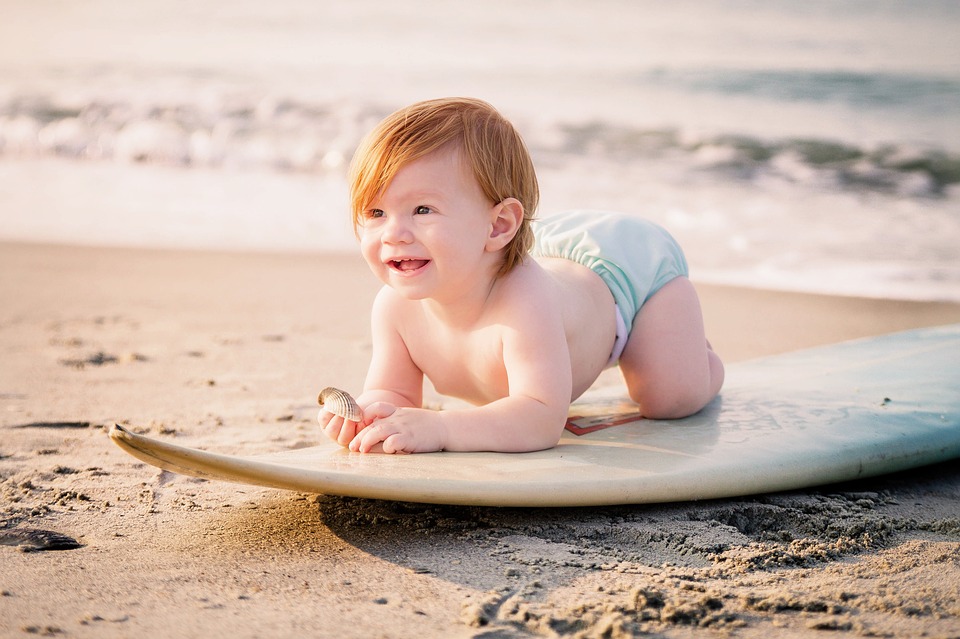
Choosing Baby Clothes You Can Feel Good About
As a parent, you want the best for your child. And this extends to your baby’s wardrobe.
The clothes you choose for your little one can have a big impact on their health, development, and the world. Choose organic baby clothes that keep your baby safe, comfy, and looking cute.
For more tips on supporting your child through their first years, read my other parenting articles!


